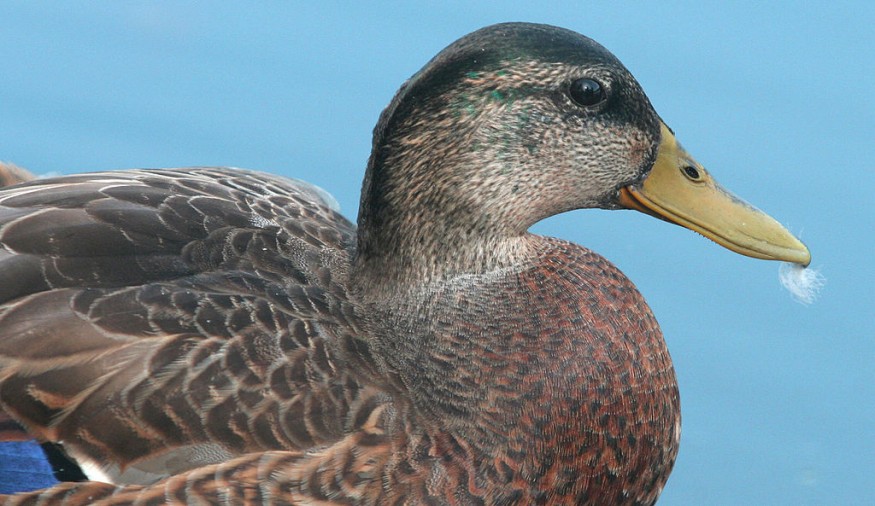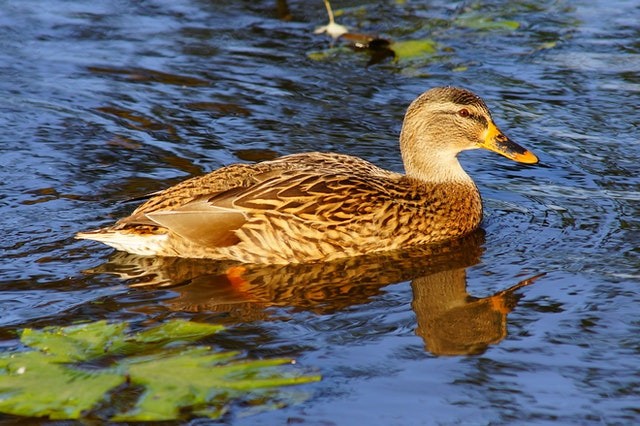According to research released on Wednesday, ducks exposed to mercury pollution are substantially more likely to contract bird flu. The finding highlights yet another way that human-induced alterations to the natural environment enhance the chance of viruses spreading.

Bird Flu Outbreak
Rarely does bird flu infect people, but repeated outbreaks in the US, UK, and other countries have led to the culling of millions of chickens so far this year.
![[BREAKING] Russia's First Human 'Bird Flu' Case; H5N8 Can Cause Death, Experts Predict](https://d.natureworldnews.com/en/full/52846/breaking-russias-first-human-bird-flu-case-h5n8-can-cause-death-experts-predict.jpg?w=875&f=3e432334f6e51450a60eca4195437f44)
Ducks and other wild waterfowl are thought to be the virus's superspreaders in part because they move over such vast distances, perhaps infecting other birds en route.
Observing Ducks
Nearly 750 wild ducks from 11 different species were killed for the latest study in California's San Francisco Bay, along a migratory route from Alaska to Patagonia.
The ducks were then subjected to tests to determine if they had been exposed to mercury and whether they had the bird flu or antibodies to the virus in their systems.
The findings, published in the journal Proceedings of the Royal Society B, demonstrated that ducks exposed to mercury contamination had a 3.5 times greater likelihood of contracting bird flu in the previous year.
A quantitative ecologist at the USGS Eastern Ecological Science Center and the study's primary author, Claire Teitelbaum, said that mercury toxicity "may weaken the immune system, and that would make infection with anything-including influenza-more likely."
Additionally, she told AFP, the San Francisco Bay is "a huge hotspot for mercury pollution in North America... primarily from previous gold mining, when mercury was used in that process."
Also Read : "Stop Releasing Game Birds," Warn Conservationists to Lessen Chances of Bird Flu Outbreak
Particularly Infectious Strain

The highly virulent H5N1 avian flu virus, found in several regions of the world, was not discovered in the ducks, though.
Because many wild birds are up on their nesting grounds up north, Teitelbaum said that bird flu epidemics in the United States had decreased throughout the summer.
But she cautioned, "We're probably going to see a lot more action as they're starting to come back down."
The outbreak occurs as scientists raise the alarm about the probability of viruses spreading from animals to people due to climate change, deforestation, livestock rearing, and other human-caused causes.
There are "just so many ways in which people have historically impacted and are continuing to modify the natural world," according to Teitelbaum.
"Just another connection that we need to put into our more comprehensive understanding of what's going on in the globe," she added, referring to how pollution and contamination impact the chance of illnesses spreading.
Extremely Useful Study
The work was praised as "outstanding" by Daniel Becker, a biologist from the University of Oklahoma who was not engaged in it.
Particularly for viruses that might infect humans, like bird flu, he added, "there is a shockingly little study looking at pollutant concentrations in animals and their association to infectious illness."
Related Article : Record Breaking Bird Flu Outbreak Hits the UK
For more Animal news, don't forget to follow Nature World News!
© 2025 NatureWorldNews.com All rights reserved. Do not reproduce without permission.





